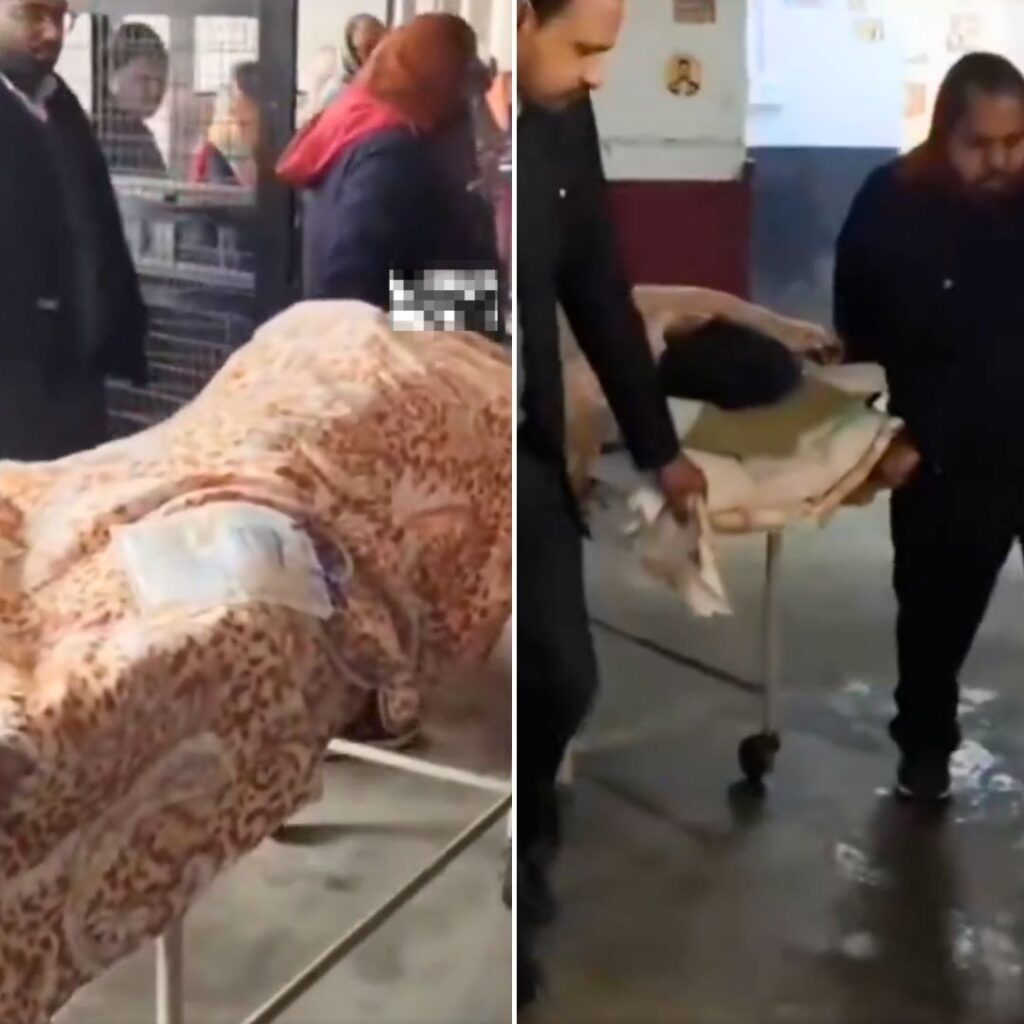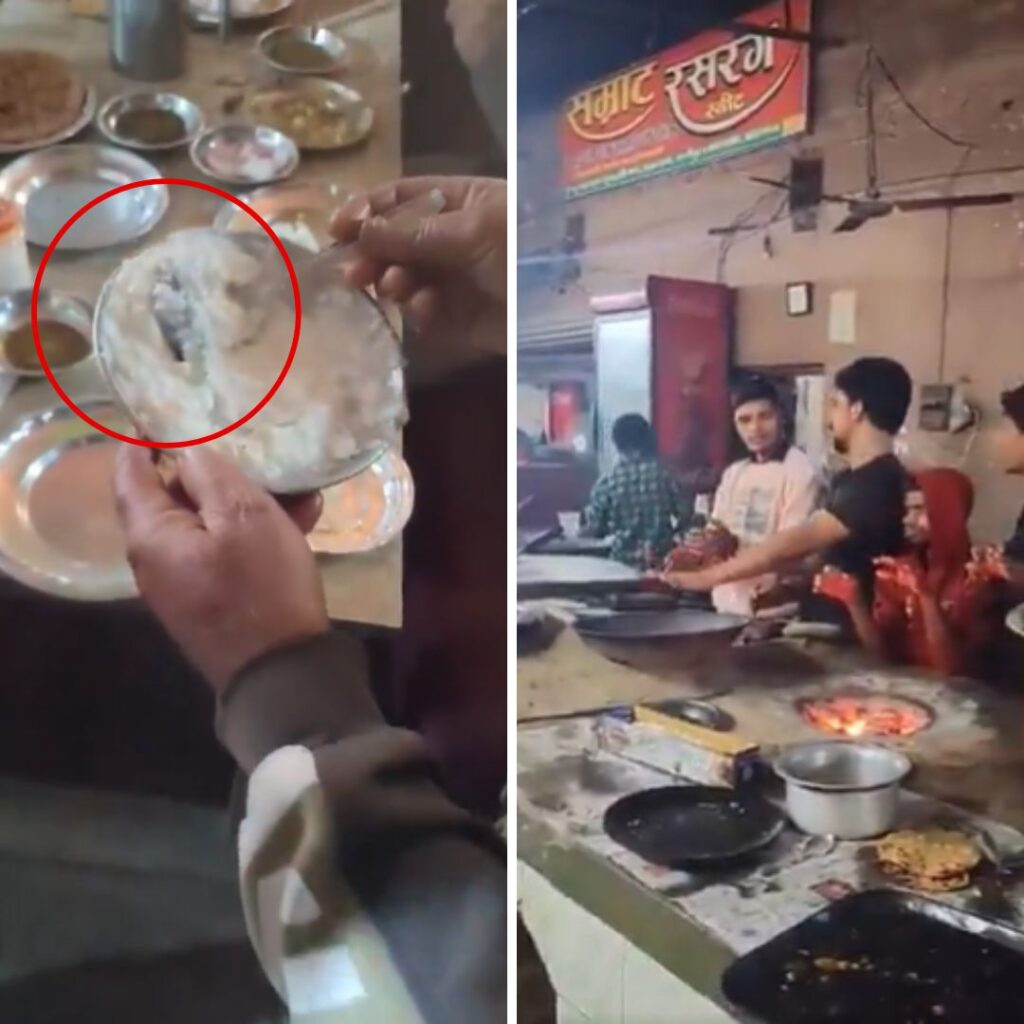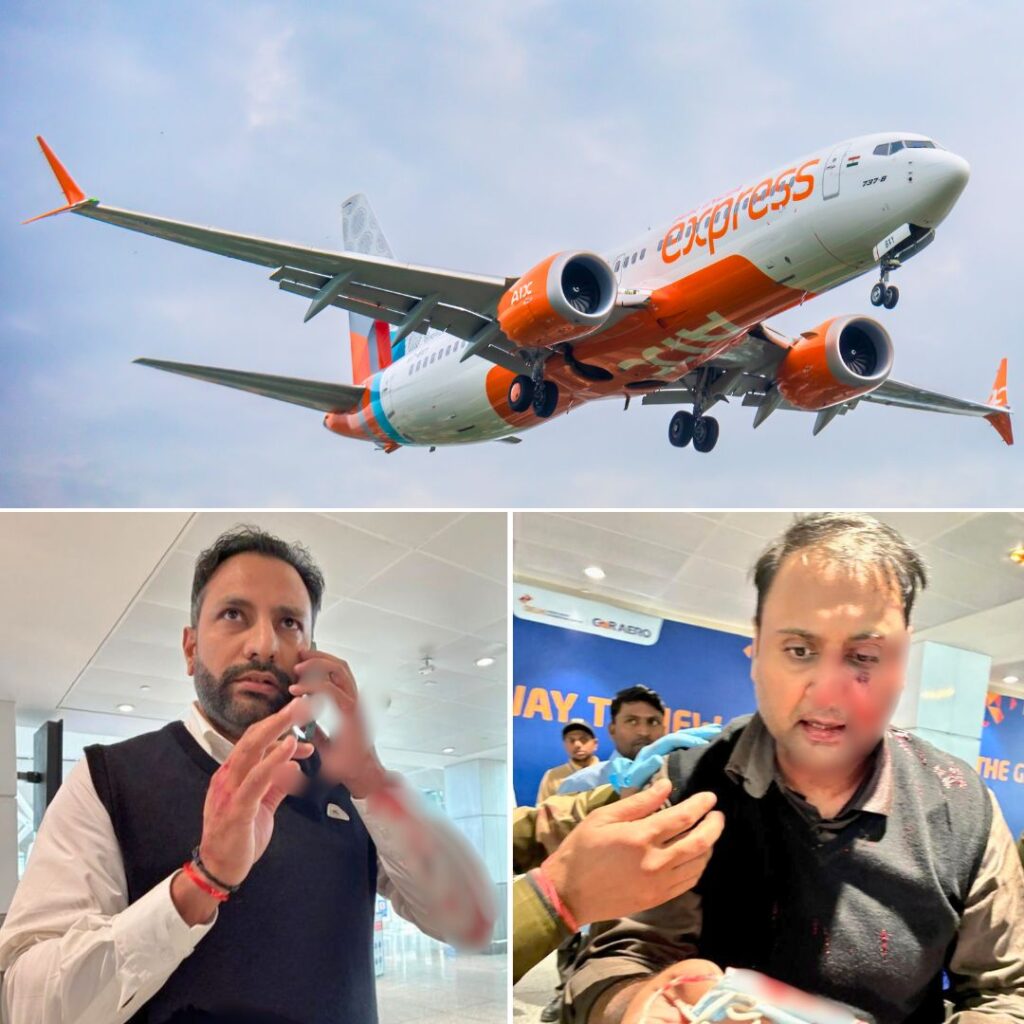Trump administration official Samuel Brownback has expressed concerns about the religious tensions and treatment of the minorities prevailing in India.
Observing India as a tolerant, respectful country for all religions historically, Ambassador-At-Large for International Religious Freedom, Brownback said that the US remains ‘very concerned’ about what is taking place in the country over religious freedom.
The comments came hours after the release of the ‘2019 International Religious Freedom Report’ on Wednesday.
The report released by Secretary of State Mike Pompeo at the State Department documented major instances of the violation of religious freedom across the world.
The US Religious Freedom report has been earlier rejected by India, stating that the country has been proud of its secular credentials, its status as the largest democracy and pluralistic society with a longstanding commitment to tolerance and inclusion.
‘The country sees no locus standi for a foreign entity/government to pronounce on the state of our citizens’ constitutionally protected rights,’ the Ministry of External Affairs (MEA) said in June last year.
‘The trend lines have been troubling in India because it is such a religious subcontinent and seeing a lot more communal violence. We’re seeing a lot more difficulty,’ Brownback, while answering a question about India from a Pakistani reporter, as quoted by the Mumbai Mirror.
He further said that the country should initiate interfaith dialogues at a very high level, specifically identifying problems mentioned in the report, fearing difficulty within the societies and increase in violence, if such efforts are not put forward.
The top official also raised concerns over people being targeted for COVID-19 spread in the name of religion, clarifying that minority faiths should not be held responsible for something that has no religion-based mapping, and that they must equally have access to healthcare, food and medicines required during the crisis.
The report dealing with India was mostly a compilation of media reports and assertions by Non-Government Organisations about attacks on minorities, critically about the recent Citizenship Amendment Act protests, cow vigilantism that led to mob lynchings.
The report accused some of the leaders of ‘Hindu-majority parties’ for spreading anti-minority sentiments, making inflammatory public statements and posts on social media platforms.
‘There were reports by some NGOs that the government sometimes failed to act to prevent or stop mob attacks on minorities, marginalised communities,’ the statement read.
Also Read: COVID-19 Cases In First 9 Days Of June More Than 50% Of Entire May Count











